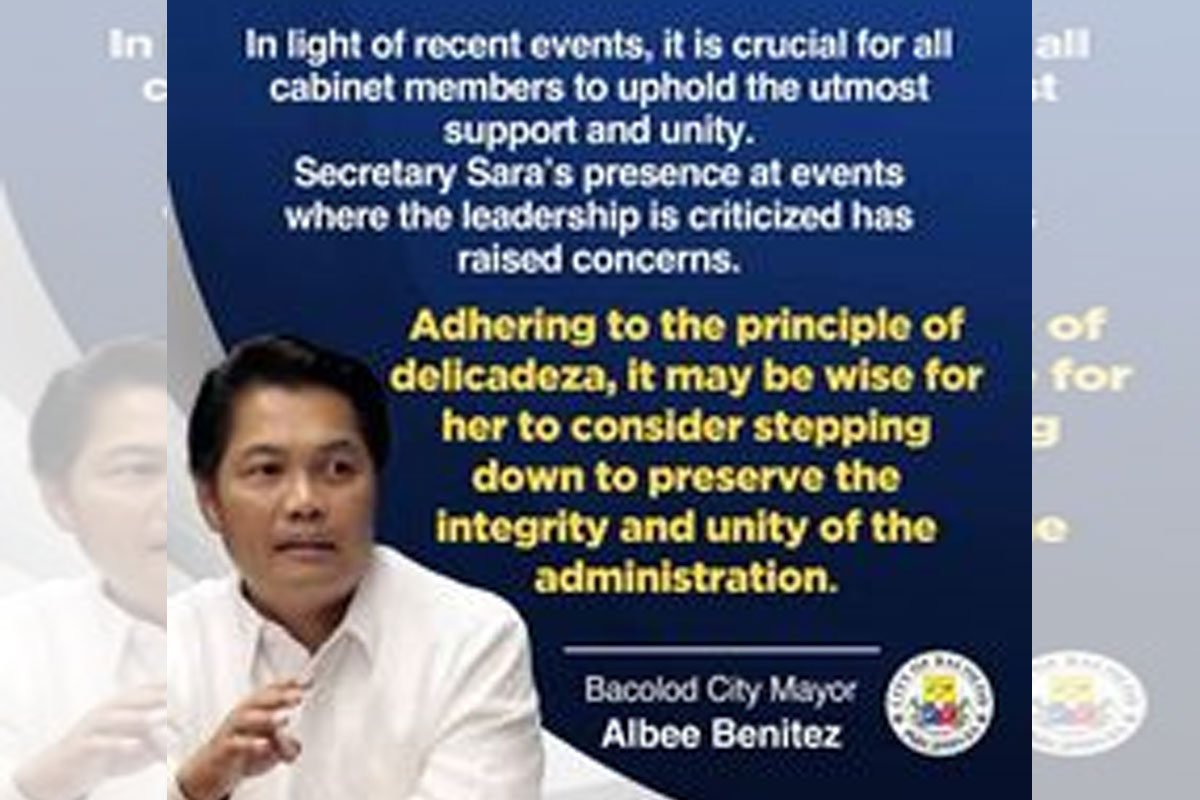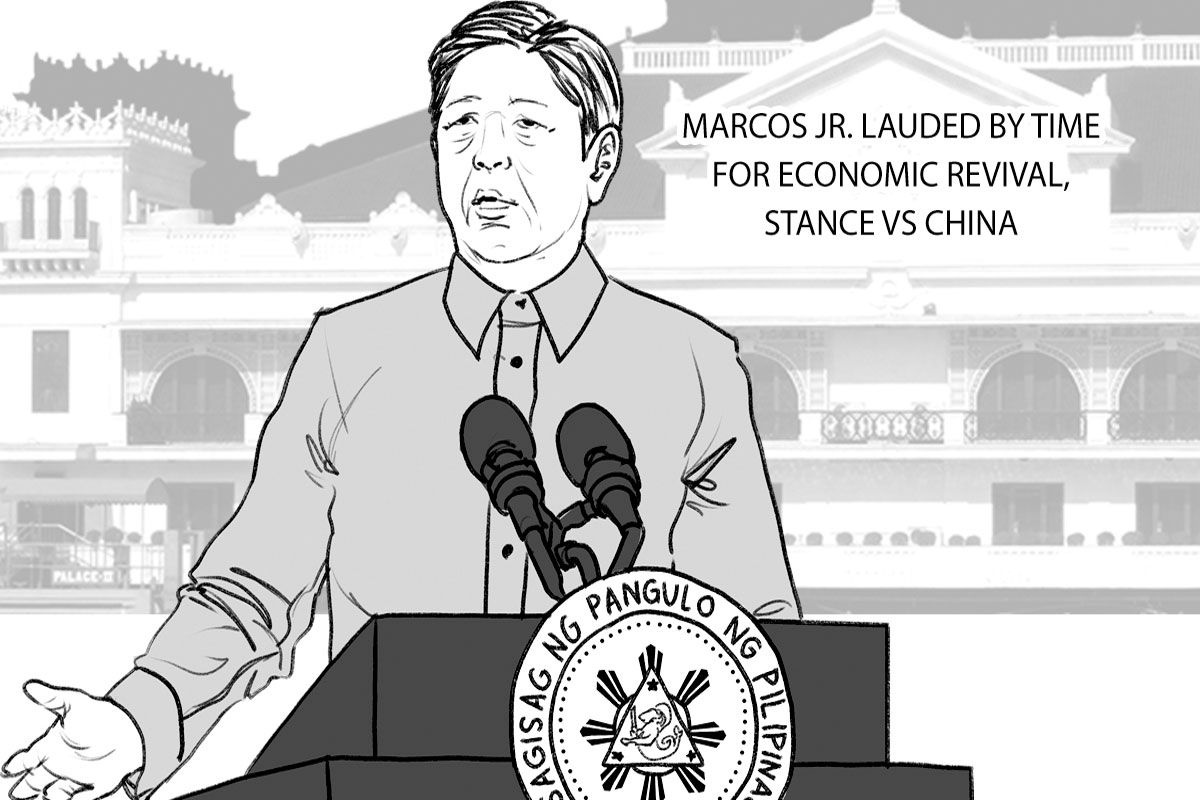
The morality of abortion
 After almost 50 years, the nine justices of the US Supreme Court voted last Friday, June 24, to reverse the Roe v. Wade decision (1973), a cornerstone of abortion rights and women’s freedom over their bodies. This will give each state the ability to pass its own legislation and thus eventually decide to make abortions illegal.
After almost 50 years, the nine justices of the US Supreme Court voted last Friday, June 24, to reverse the Roe v. Wade decision (1973), a cornerstone of abortion rights and women’s freedom over their bodies. This will give each state the ability to pass its own legislation and thus eventually decide to make abortions illegal.
In the Philippines, we have always prided ourselves in being PRO-LIFE. Our laws protecting the life of the unborn child is something we treasure and hold dear. This reminds me of pastoral statement issued by the late Jaime Cardinal L. Sin (Archbishop of Manila) on behalf of the CBCP when he was its president in 1979. H.E. Cardinal Sin wrote:
The whole of mankind bears constant testimony to the sacredness of human life not only after birth but from its inception. Man in fact is born with this reverence for life, for nature has imbedded in his heart an instinct of reverence for new human life. This instinct is a distinctive trait of man, and history testifies how people who smothered this instinct lapsed into degradation.
The earliest recorded laws enacted by men attest to this profound reverence for human life from the first known moments of its presence. The Sumerian (2000 BC) and the Assyrian (1500 BC) Codes protected fetal life from abortion with most severe sanctions. We could say that the Geneva Declaration for Physicians in 1949, proclaiming “I will preserve the utmost respect for human life from the time of conception” is a clear echo of the Hippocratic Oath in a symphony of human reverence for life in all its stages. Neither was this reverence for life an empty doctrine. It carried with it the severest sanctions that were enshrined in the laws of civilized nations.
The sad fact that lately some nations deviated from this universally felt reverence for life, to the extent of approving abortion, only proves the presence of evil and good in this world. Falsehood and evil could prevail, at least for some time, over truth and virtue. Moreover, as stated above, skillful manipulation by some organized groups could distort issues and create an environment that could present a moral evil as a desirable economic good. Moreover, wherever abortion has been approved and practiced, in defiance of nature and of God’s law, it did not take long before the evil seed contained in this practice, surfaced with disastrous results, prompting responsible leaders and peoples to admit their humiliating error.
This universal pro-life conviction deriving from reason and from the natural instinct of man finds its fullest basis and support in God’s command: “Thou shalt not kill.” This law of God somehow found its place in all human codes of conduct.
The Church, on the other hand, has consistently applied this divine law to human life in all its stages. Through her whole history, the Church has regarded reverence for human life as a divine command and with unequivocal insistence applied it to human life at its inception. This is reflected in her constant teaching and in her Canon Law which punishes with excommunication those who practice and participate in abortion. This is reflected in her Liturgy enjoining that aborted fetus be baptized as a human person. She reminds us that human life has something divine in it, “for human life and the task of transmitting it are not realities bound up with this world alone, … but always have a bearing on the eternal destiny of man.” (Church in the World Today, #51) With uncompromising firmness she declares the nobility of transmitting life and condemns abortion saying: “God, the Lord of life, has entrusted to men the noble mission of safeguarding life, and men must carry it out in a manner worthy of themselves. Life must be protected with the utmost care from the moment of conception: abortion and infanticide are abominable crimes.” (Church in the World Today, #51) This clear teaching of the Catholic Church is taken up in a chorus of voices representing not only Christian religions but all major religions yesterday, today and always.
Let us continually reflect on how Jesus identified himself with the life of all men. Let us reflect on how He chose to be particularly identified with those lives that are at the mercy of others, with the helpless, the defenseless, the children whom he loved and invited: “Suffer the little children to come to me for theirs is the Kingdom of Heaven.” (Matt 19:14) Let us reflect on how His own life in its caring demanded sacrifice. And finally, let us reflect on how all sacrifice in the caring of every human life, is a sharing in the mystery of Him who called Himself Life (Jn 11:25).
In conclusion allow me to share with you a beauty quote from Pope Francis when he says, “How can an action that ends an innocent and defenseless life in its blossoming stage be therapeutic, civilized or simply human? I ask you: Is it right to ‘do away with’ a human life in order to solve a problem? Is it right to hire a hitman in order to solve a problem? One cannot. It is not right to ‘do away with’ a human being, however small, in order to solve a problem. It is like hiring a hitman”.
————————oOo——————————
For any personal comments or suggestions, you may call 0917-4805585 or email me at [email protected].





















